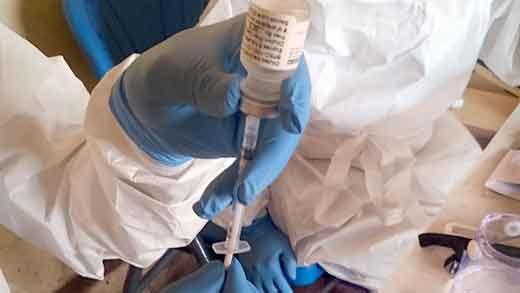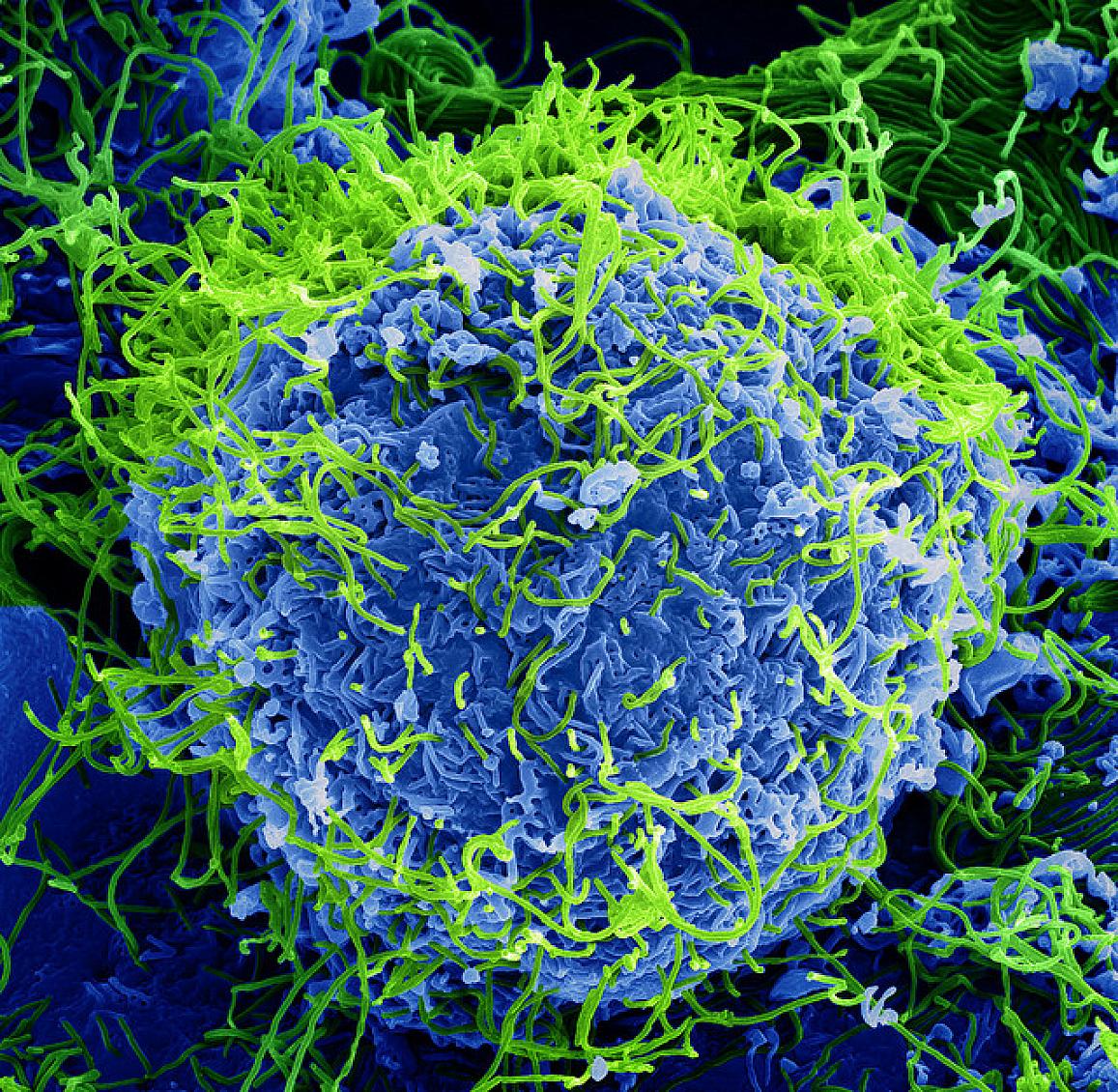Working on an idea for a brand new project

The ATTENTION project is aimed to improve the access to effective health services for the children in the orphanages and Interim Care Centers (ICCs) of Sierra Leone. Indeed there is

The ATTENTION project is aimed to improve the access to effective health services for the children in the orphanages and Interim Care Centers (ICCs) of Sierra Leone. Indeed there is

Directorate General Development and Cooperation – EuropeAid was formed on 1 January 2011 following the merger of the EuropeAid Cooperation Office (AIDCO) with the Directorate General for Development and Relations with African, Caribbean

R-Evolution Worldwide – Sierra Leone is starting to operate in the Western Area Urban and Rural District of Freetown, Sierra Leone. R-Evolution Worldwide – Sierra Leone is local community-based organization, registered to

Ebola vaccine candidates are currently being evaluated in phase I–III clinical trials conducted in Africa, the EU and the US. Although preclinical development of candidate vaccines utilise different platforms, including

In a Controlled Human Infection Model (CHIM) study, a well-characterised strain of an infectious agent is given to carefully selected adult volunteers in order to better understand human diseases, how they spread, and

An international research team has begun patient enrollment in a clinical trial testing multiple investigational Ebola therapies in the Democratic Republic of the Congo (DRC). The randomized, controlled trial is